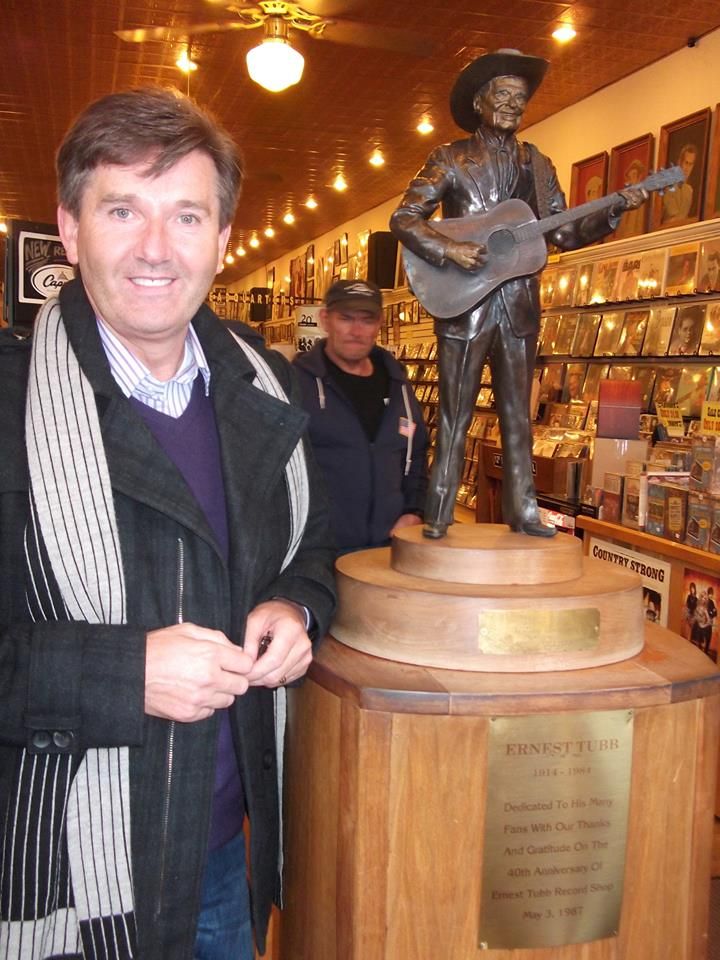
Rediscovering Faith and Harmony: Enjoy “The Old Rugged Cross” by Daniel O’Donnell (2021)
In an era of rapidly evolving musical landscapes, where styles shift and trends reappear with dizzying speed, there remains a reassuring constant: the timeless power of a heartfelt performance grounded in tradition. Few artists embody this steadfast commitment to heritage quite like Daniel O’Donnell, the beloved Irish singer whose warm, familiar tenor has touched audiences around the world for decades. Known for his gentle delivery, calm demeanor, and unwavering devotion to musical sincerity, O’Donnell has carved a unique place in the hearts of listeners who appreciate clarity of message and purity of sound.
His 2021 rendition of the classic hymn “The Old Rugged Cross” is no exception. Offering listeners a meditative and deeply moving interpretation, O’Donnell breathes new life into a cherished spiritual standard, reminding us of the significance these enduring hymns continue to hold. First penned in 1912 by the American evangelist George Bennard, “The Old Rugged Cross” has been sung in churches and gatherings for over a century. Yet Daniel O’Donnell’s version stands apart, reviving the hymn’s spiritual essence with a newfound grace and humility.
At the core of O’Donnell’s recording is a thoughtful reverence. He does not overstate or dramatize. Instead, his voice—measured, rich, and comforting—guides the listener gently through the familiar verses, honoring the song’s origins while offering a personal touch that feels sincere. The arrangement, marked by subtle piano accompaniments and softly swelling strings, provides a solemn backdrop that allows the lyrics to rise and resonate. It’s a musical testimony suitable not just for the faithful, but also for anyone yearning for a moment of peace and introspection in a busy world.
O’Donnell’s decision to include “The Old Rugged Cross” in his 2021 body of work is also telling. At a time when many were searching for solace and certainty, particularly amid global uncertainty and hardship, this hymn—imbued with themes of sacrifice, endurance, and hope—offered listeners a momentary refuge. Through his voice, O’Donnell bridges past and present, tradition and personal expression, ensuring that such songs remain vital and relevant.
For longtime fans, this rendition is yet another fine addition to his enduring legacy; for new listeners, it may well serve as an inviting entry point into the comforting, steadfast world of Daniel O’Donnell’s music. There are few contemporary artists who approach such material with equal measures of humility and artistic care. In doing so, O’Donnell not only preserves a piece of musical history—he extends its life.
